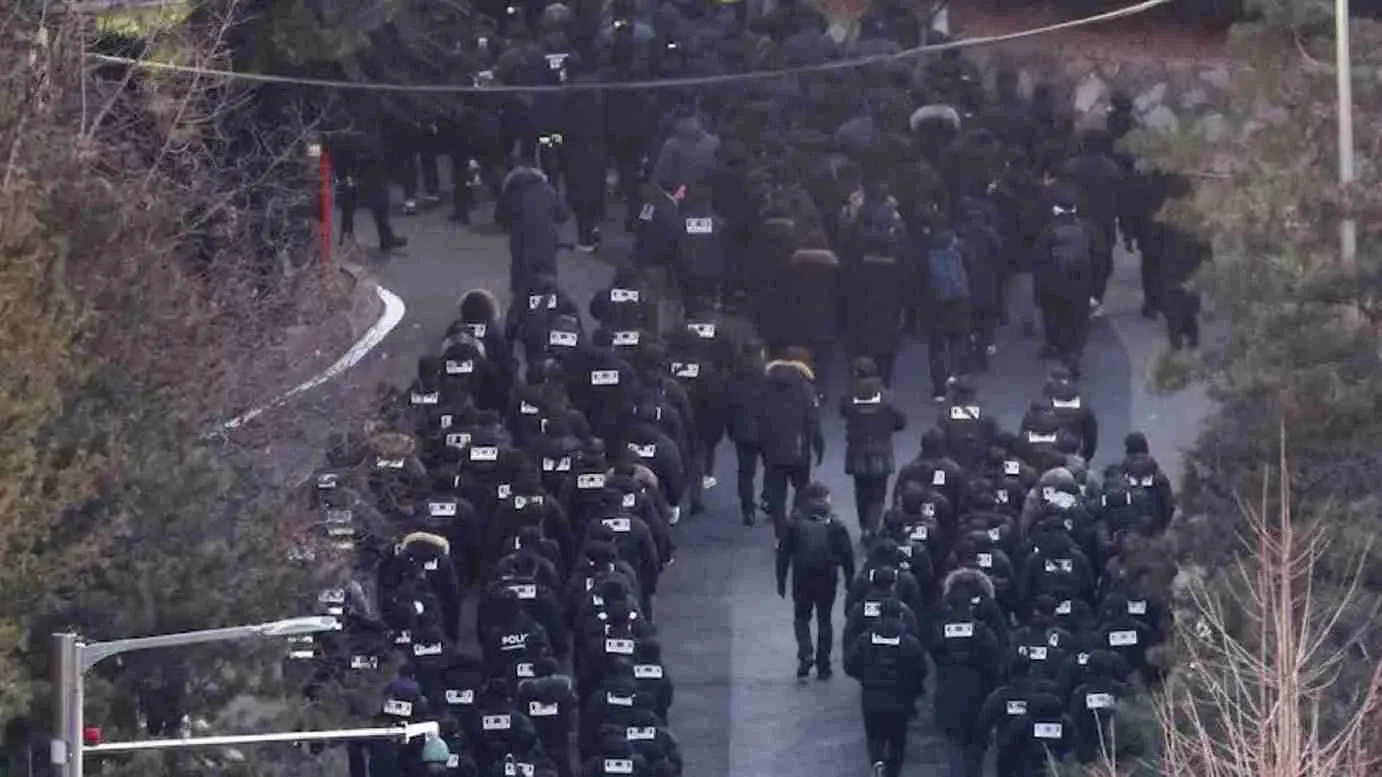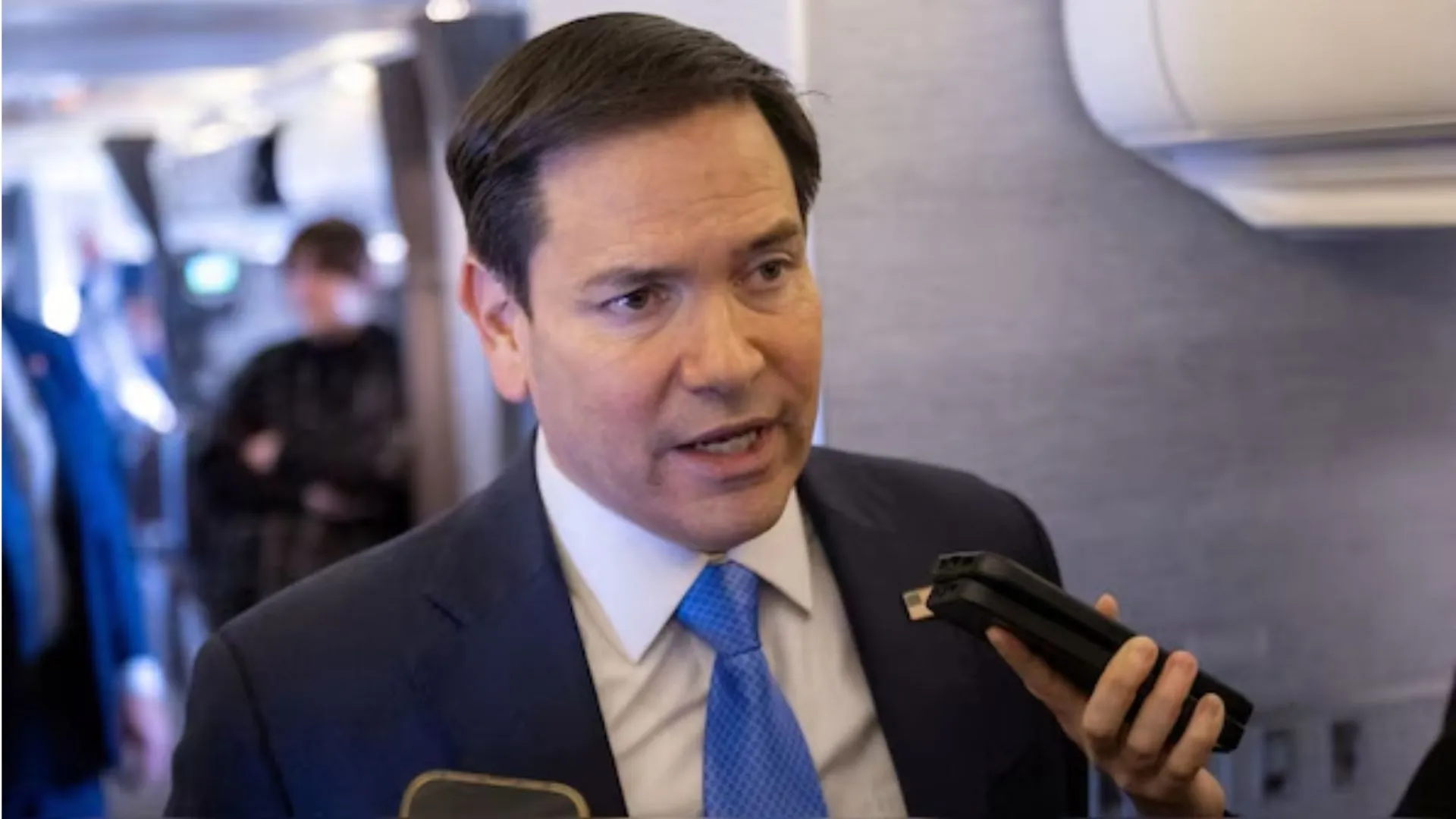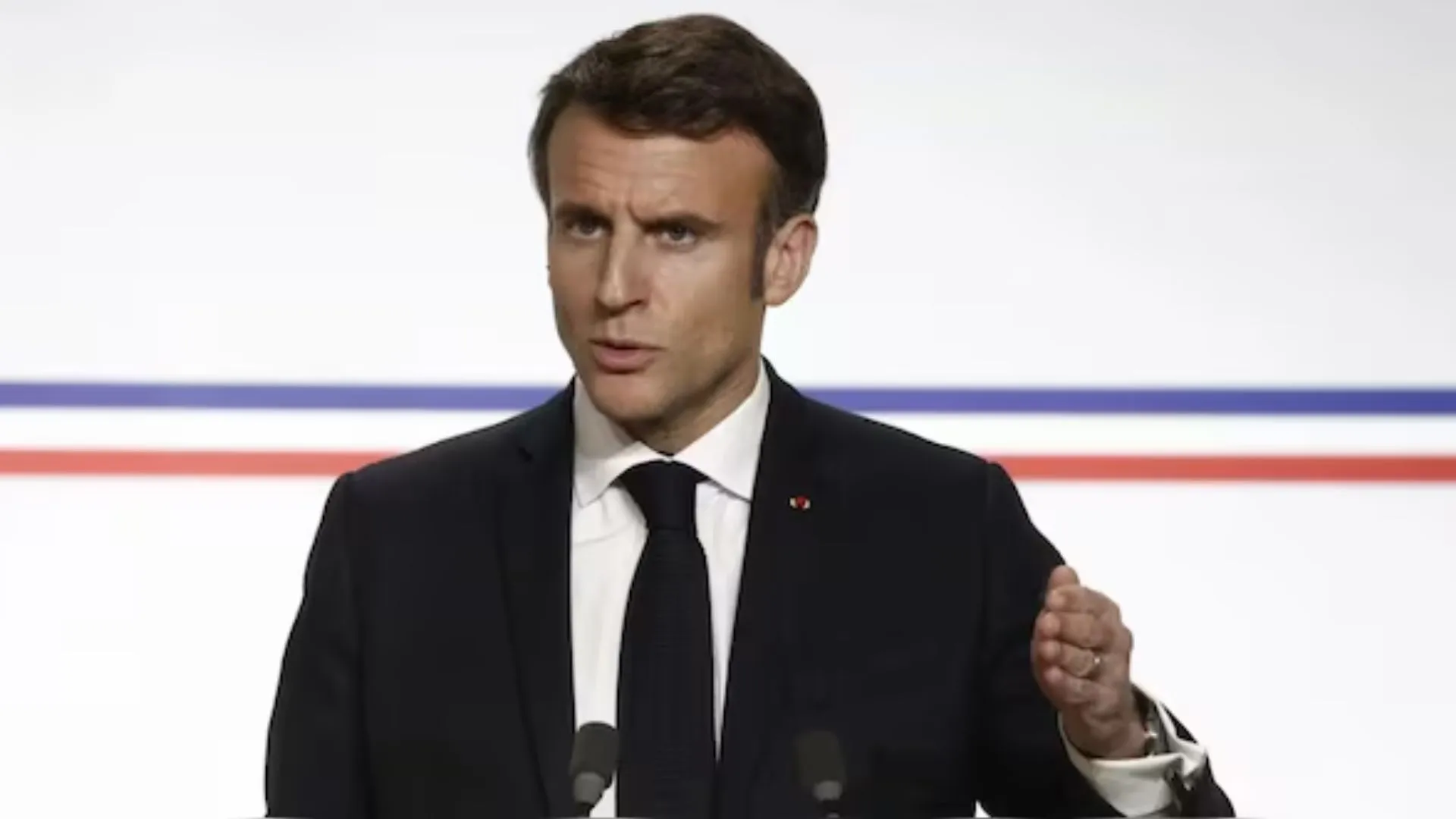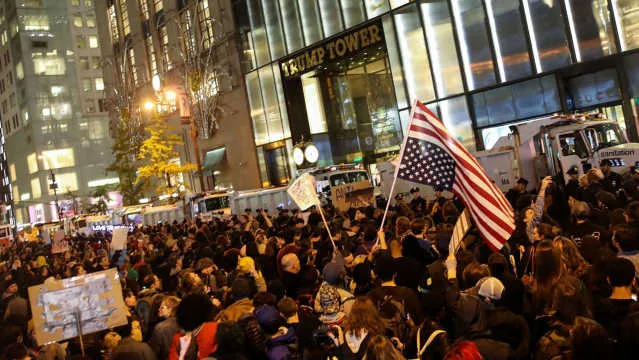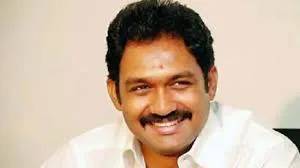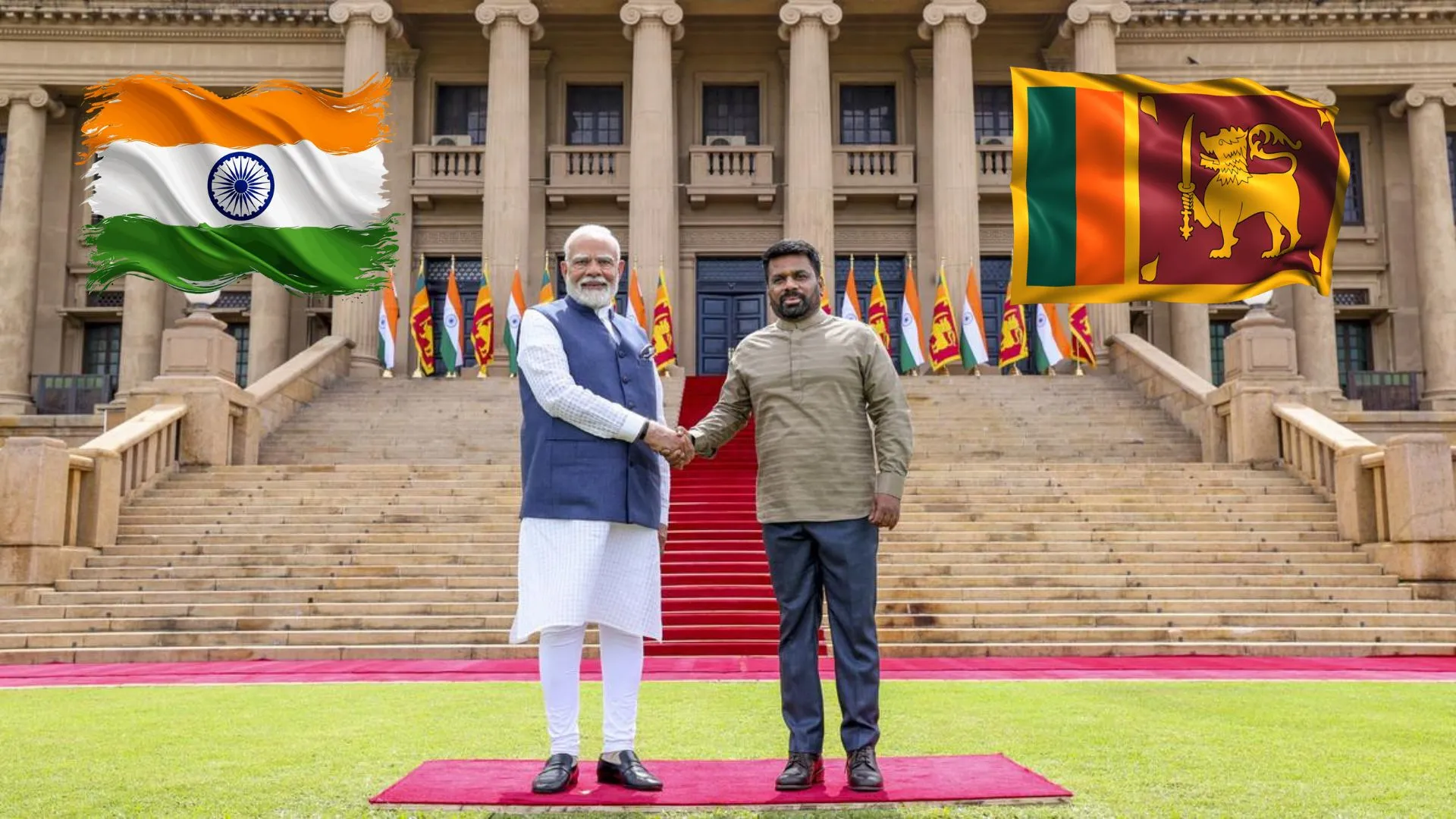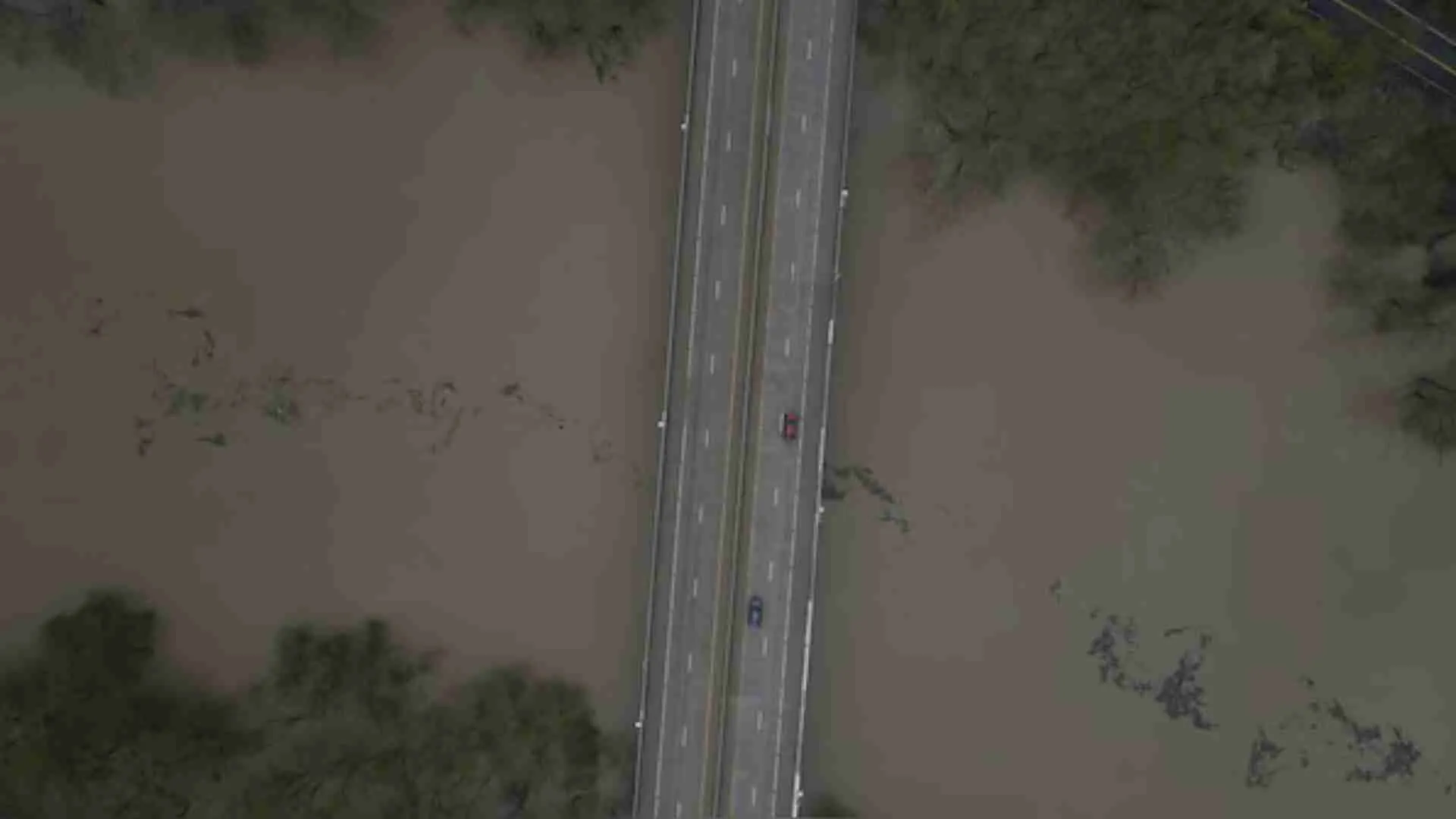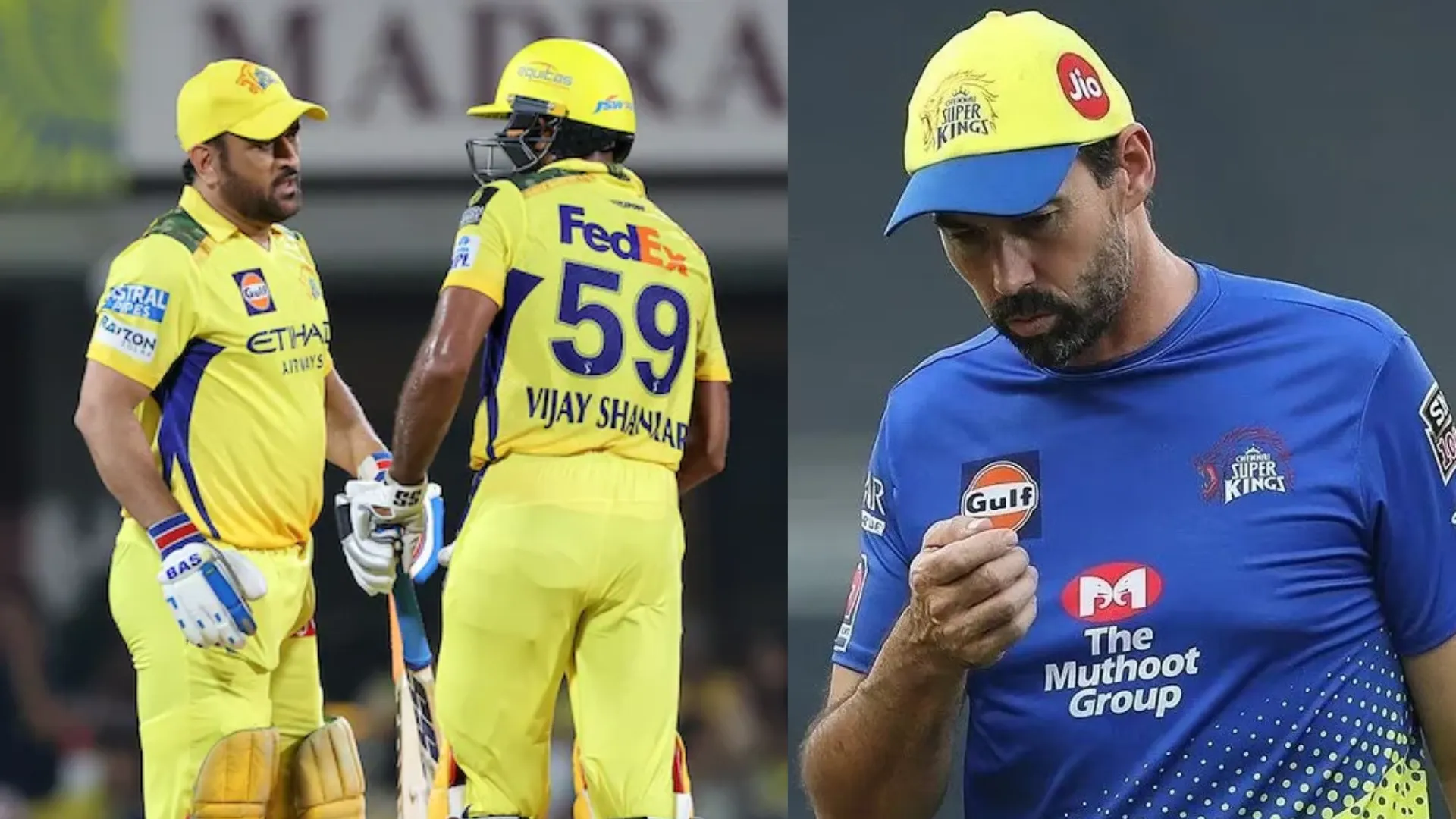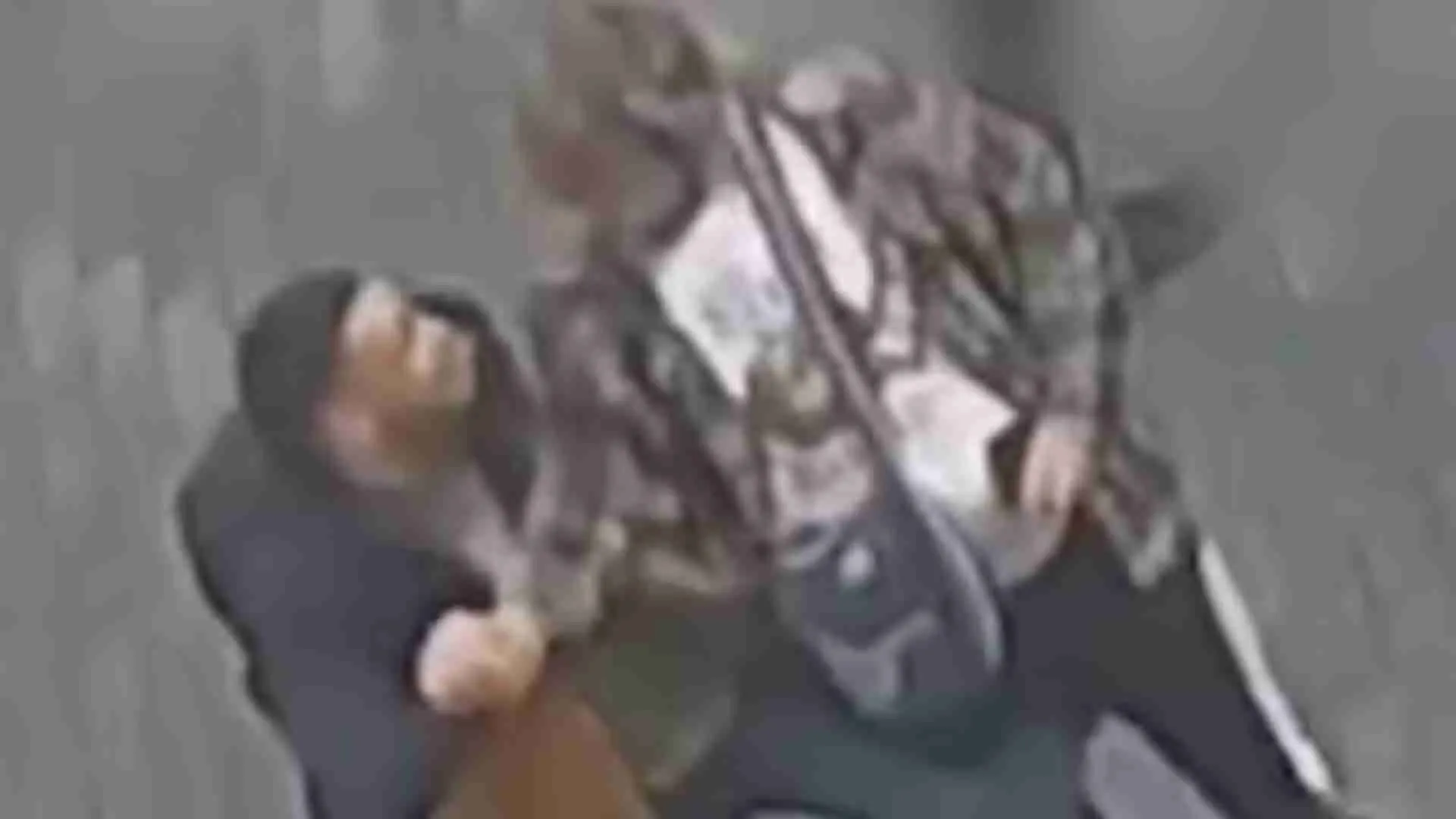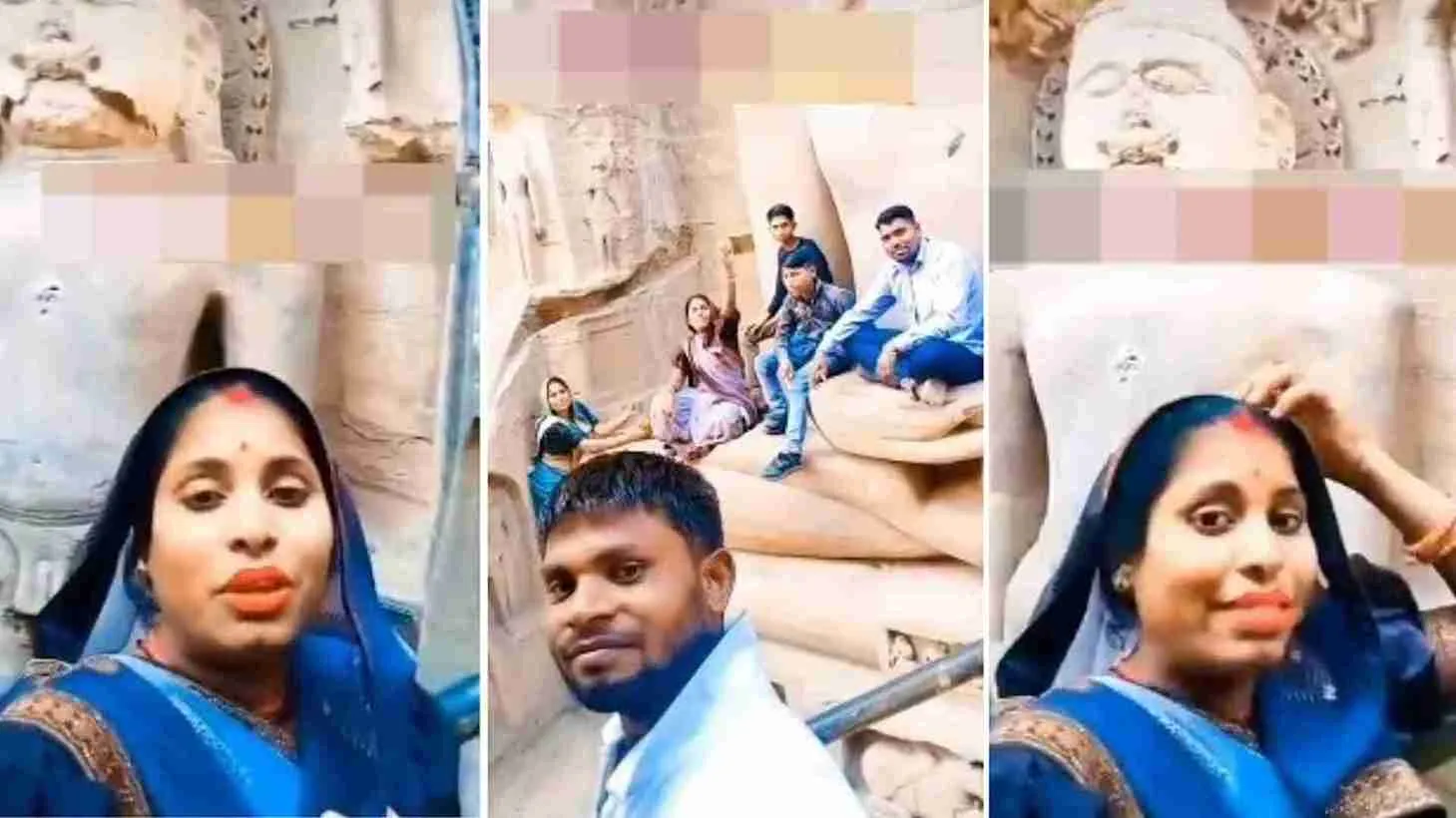South Korea witnessed a historic and controversial development as President Yoon Suk Yeol was arrested on charges of insurrection linked to his failed declaration of martial law. This makes Yoon the first sitting head of state in the country’s history to face detention. The Joint Investigation Headquarters confirmed the arrest on January 15 at 10:33 AM local time (0130 GMT).
President Yoon was escorted from his secured residence in central Seoul to the Corruption Investigation Office (CIO) by a convoy, following the execution of the arrest warrant by a team of investigators and police.
Yoon’s Response: A Call to Prevent Bloodshed
In a pre-recorded video message, Yoon explained his decision to comply with the investigation, citing a desire to avoid violence despite questioning the legality of the probe. “I have chosen to respond to the Corruption Investigation Office to prevent any unfortunate bloodshed,” he stated.
The president maintained his stance that the investigation was unlawful but emphasized that his compliance aimed to prioritize national safety and stability.
Backdrop and Reactions
The arrest stems from allegations that Yoon’s martial law declaration, now labeled abortive, was part of an unconstitutional power grab. The case has drawn sharp divisions, with critics labeling the investigation politically motivated, while others argue it upholds the rule of law.
This unprecedented situation has sparked nationwide debates on governance, accountability, and democracy, setting the stage for a critical moment in South Korea’s political history.

